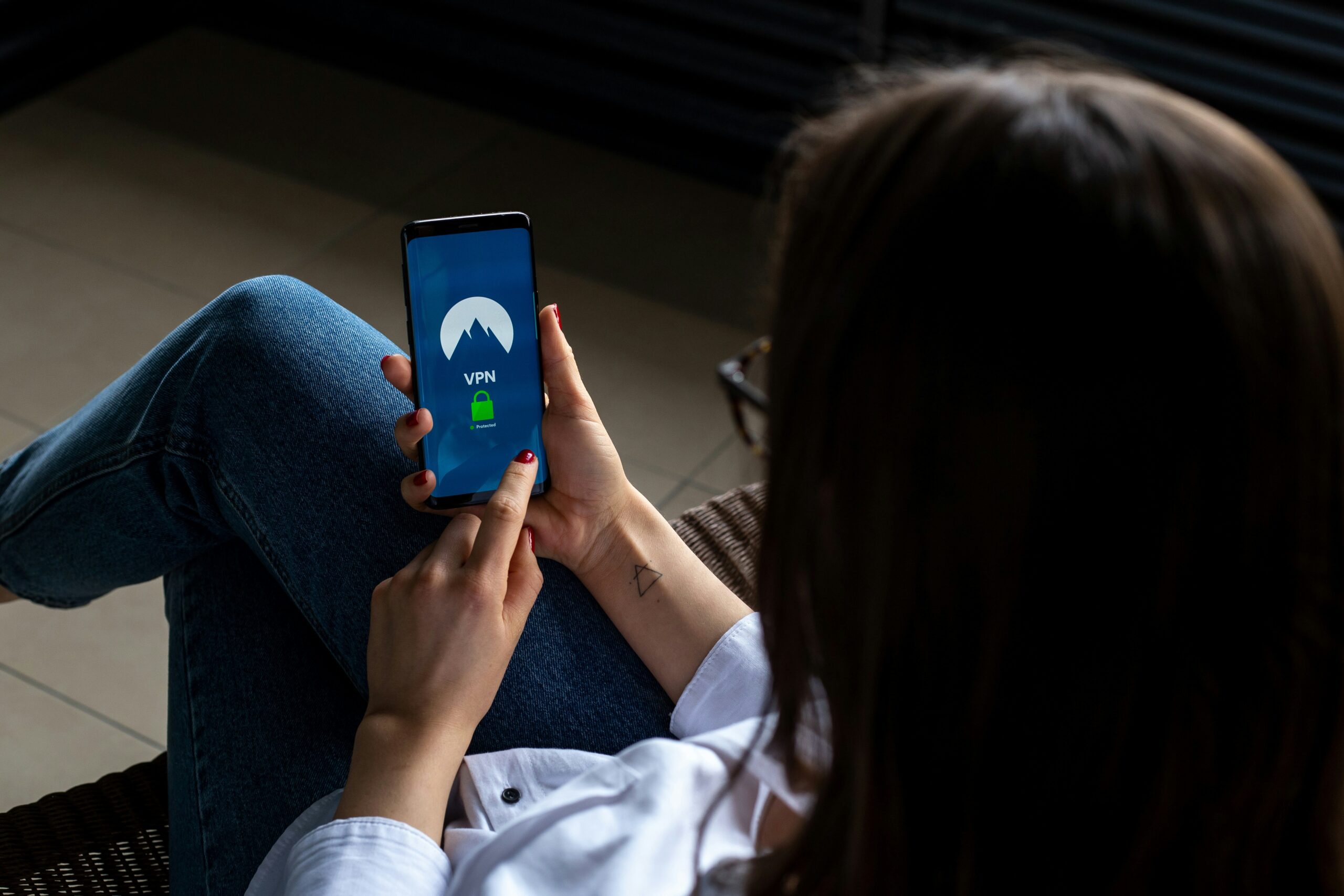Introduction to Cybersecurity Practices: Keeping Your Information Safe Online

Welcome to our blog post on cybersecurity practices! In this digital age, it’s more important than ever to keep your information safe online. With cyber threats becoming increasingly sophisticated, it’s crucial to stay informed and take proactive measures to protect yourself and your data. In this article, we’ll introduce you to some basic cybersecurity practices that can help keep your information secure.
Use Strong and Unique Passwords
One of the simplest yet most effective ways to enhance your online security is by using strong and unique passwords. Avoid using common or easily guessable passwords such as “password123” or your birthdate. Instead, create a password that includes a combination of uppercase and lowercase letters, numbers, and special characters.
Additionally, it’s important to use a different password for each online account you have. This way, if one of your accounts is compromised, the hacker won’t have access to all of your other accounts. Remembering multiple passwords can be challenging, so consider using a password manager to securely store and generate unique passwords for you.
Keep Your Software Updated
Regularly updating your software is another crucial practice in maintaining your online security. Software updates often include security patches that address vulnerabilities that hackers can exploit. By keeping your operating system, web browser, antivirus software, and other applications up to date, you’re reducing the risk of falling victim to cyber attacks.
Many software programs offer automatic updates, so make sure to enable this feature whenever possible. It’s also a good idea to periodically check for updates manually, especially for critical software like your operating system.
Beware of Phishing Attempts
Phishing is a common technique used by cybercriminals to trick individuals into revealing sensitive information such as passwords or credit card details. These phishing attempts often come in the form of emails, text messages, or even phone calls that appear to be from legitimate sources.
To protect yourself from phishing attacks, be cautious when clicking on links or downloading attachments from unknown or suspicious sources. Always double-check the sender’s email address or phone number to ensure it’s legitimate. If you receive an unexpected request for personal information, it’s best to verify its authenticity through a separate and trusted communication channel.
Enable Two-Factor Authentication
Two-factor authentication (2FA) adds an extra layer of security to your online accounts by requiring you to provide two forms of identification. Typically, this involves entering your password and then providing a verification code sent to your mobile device or email.
Enabling 2FA can significantly reduce the risk of unauthorized access to your accounts, even if your password is compromised. Many online services, including social media platforms, email providers, and banking institutions, offer 2FA as an option. Take advantage of this feature whenever available to enhance your account security.
Be Mindful of Public Wi-Fi
While public Wi-Fi networks are convenient, they can also pose a significant security risk. Hackers can easily intercept data transmitted over these networks, potentially gaining access to your personal information.
To protect yourself when using public Wi-Fi, avoid accessing sensitive information such as online banking or entering passwords. If you need to access secure information, consider using a virtual private network (VPN) to encrypt your data and provide a secure connection.
Regularly Back Up Your Data
Backing up your data is essential in case of a cyber attack or hardware failure. By regularly backing up your files, you can restore them in the event of data loss.
Consider using cloud storage services or external hard drives to store your backups. Automating the backup process can help ensure that your files are always up to date and protected.
Conclusion
In conclusion, practicing good cybersecurity habits is crucial in protecting your information online. By using strong and unique passwords, keeping your software updated, being cautious of phishing attempts, enabling two-factor authentication, being mindful of public Wi-Fi, and regularly backing up your data, you can significantly reduce the risk of falling victim to cyber threats.
Remember, cybersecurity is an ongoing process, and it’s important to stay informed about the latest threats and best practices. By implementing these basic cybersecurity practices, you’ll be well on your way to keeping your information safe online.
Leave a Comment